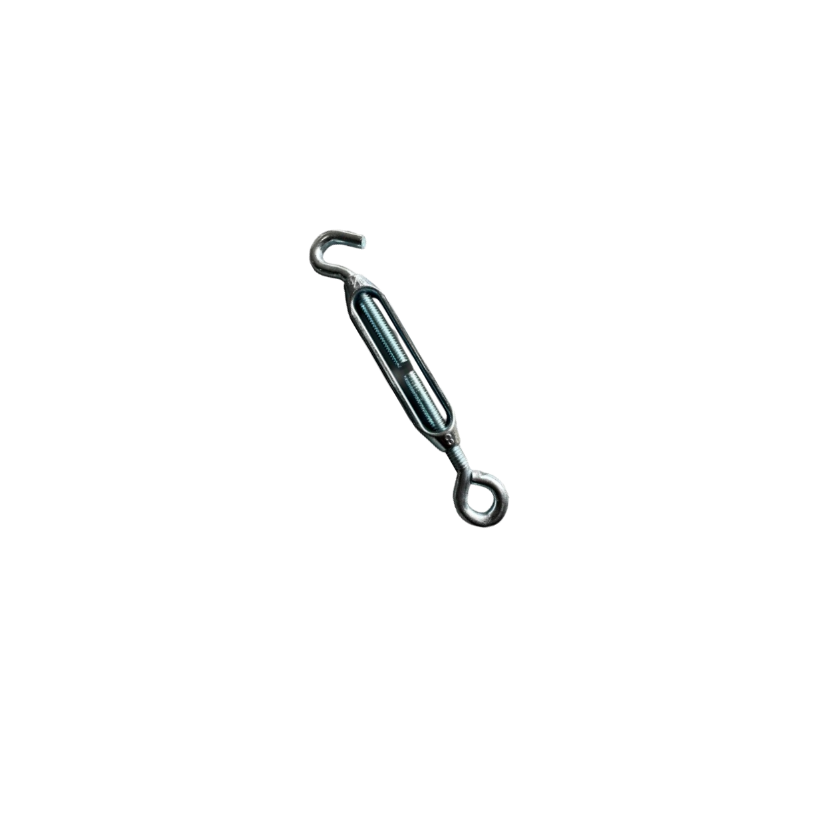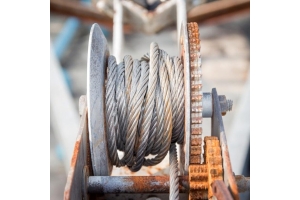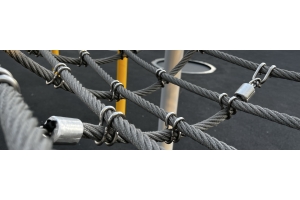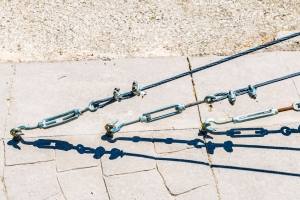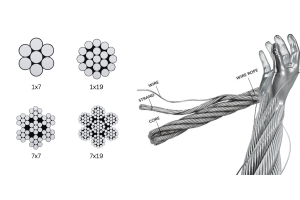# Is Stainless Steel Cable Magnetic? Debunking the Mystery
# Is Stainless Steel Cable Magnetic? Debunking the Mystery
Stainless steel is a popular choice for many applications due to its durability, corrosion resistance, and sleek appearance. Yet, one question that often arises among users is whether stainless steel cable is magnetic. Let's delve into this intriguing aspect of stainless steel to uncover the truth behind its magnetic properties.
## **The Curious Case of Stainless Steel**
Stainless steel is a unique alloy composed of iron, chromium, nickel, and other elements, crafted to resist rust and corrosion. Its non-reactive nature makes it ideal for various industries, such as construction, marine, and automotive. However, the presence of iron in stainless steel raises doubts about its magnetic behavior.
## **The Science Behind Magnetism**
To understand the magnetic properties of stainless steel, we need to delve into the world of metallurgy and physics. In its pure form, iron is magnetic, prone to attracting objects. When iron combines with other elements to form stainless steel, its magnetic properties can be altered depending on the alloy's composition.
## **Debunking the Myth**
Contrary to popular belief, not all stainless steel is magnetic. The two most common types of stainless steel, austenitic, and ferritic, have different magnetic characteristics. Austenitic stainless steel, comprising nickel and chromium, is generally non-magnetic. On the other hand, ferritic stainless steel, with higher iron content, tends to exhibit magnetic properties.
## **Testing the Magnetism**
If you are unsure whether your stainless steel cable is magnetic, a simple test can provide clarity. Grab a magnet and see if it attracts to the cable. If it does, your stainless steel cable likely contains ferritic stainless steel. If not, it probably consists of austenitic stainless steel.
## **Practical Implications**
Understanding the magnetic properties of stainless steel is crucial for various applications. In industries where magnetic interference is a concern, opting for non-magnetic austenitic stainless steel can mitigate potential issues. Conversely, in applications requiring magnetic characteristics, ferritic stainless steel would be more suitable.
## **Conclusion**
In conclusion, the magnetic behavior of stainless steel cables is not a one-size-fits-all scenario. Depending on the type of stainless steel used, its magnetic properties can vary significantly. By being aware of these differences, you can make informed decisions regarding the selection of stainless steel cables for your specific requirements.
Next time you encounter a stainless steel cable, remember to test its magnetism to unlock the mystery behind its composition. Stainless steel may have magnetic personalities, but the truth lies in the alloy's intricate blend of elements.
Unraveling the enigma of stainless steel's magnetism adds another layer of fascination to this versatile material. Whether magnetic or not, stainless steel continues to captivate us with its blend of strength, resilience, and aesthetic appeal.
Are Stainless Steel Wire Ropes Magnetic? Solving the Magnetic Mystery
Stainless steel wire ropes are essential components in numerous industries, known for their strength, flexibility, and corrosion resistance. However, a common query that arises in the realm of wire ropes is whether they exhibit magnetic properties. Let's venture into the world of stainless steel wire ropes to unravel the truth behind their magnetic behavior.
The Intriguing World of Stainless Steel Wire Ropes
Stainless steel wire ropes play a crucial role in applications where durability and reliability are paramount. Their ability to withstand harsh conditions and heavy loads makes them indispensable in sectors like construction, maritime, and transportation. Yet, the question of their magnetic properties remains shrouded in uncertainty.
Decoding the Magnetism of Stainless Steel
Stainless steel wire ropes are crafted from various grades of stainless steel, each with its unique composition and characteristics. To understand their magnetic behavior, we need to delve into the intricate interplay of elements that make up these versatile wire ropes.
Unveiling the Magnetic Mystery
Contrary to popular belief, not all stainless steel wire ropes are magnetic. The type of stainless steel used in their construction significantly influences their magnetic properties. Austenitic stainless steel wire ropes, typically non-magnetic, are favored for their corrosion resistance and aesthetic appeal. In contrast, ferritic stainless steel wire ropes, containing higher iron content, may exhibit magnetic traits.
Testing the Magnetism
If you find yourself questioning the magnetic nature of your stainless steel wire rope, a simple test can provide clarity. Using a magnet, determine whether the wire rope attracts to it. If there is a magnetic pull, it is likely composed of ferritic stainless steel. If no attraction occurs, the wire rope may contain non-magnetic austenitic stainless steel.
Practical Implications in Wire Rope Applications
Understanding the magnetic properties of stainless steel wire ropes is vital for selecting the appropriate material for specific applications. In scenarios where magnetic interference is a concern, opting for non-magnetic austenitic stainless steel wire ropes can help mitigate potential issues. Conversely, applications requiring magnetic properties may benefit from using ferritic stainless steel wire ropes.
Conclusion: Unraveling the Magnetic Traits of Stainless Steel Wire Ropes
In conclusion, the magnetic behavior of stainless steel wire ropes is contingent upon the type of stainless steel used in their fabrication. By discerning the magnetic characteristics of different stainless steel grades, users can make informed decisions regarding the selection of wire ropes tailored to their needs.
Next time you encounter a stainless steel wire rope, consider testing its magnetism to demystify its composition. Stainless steel wire ropes may possess magnetic allure, but their true nature lies in the intricate blend of elements that define their makeup.
Delving into the magnetic intricacies of stainless steel wire ropes adds an extra layer of fascination to these indispensable components. Whether magnetic or non-magnetic, stainless steel wire ropes continue to captivate with their blend of strength, resilience, and versatility for diverse industrial applications.



